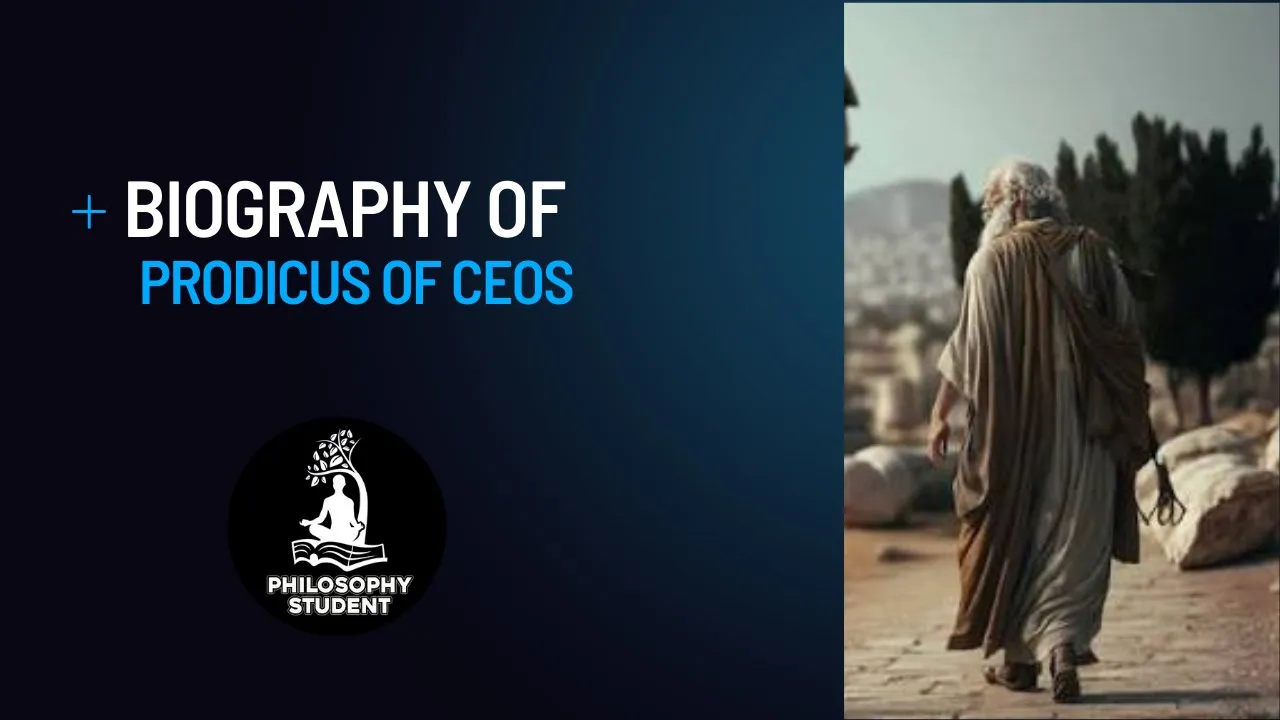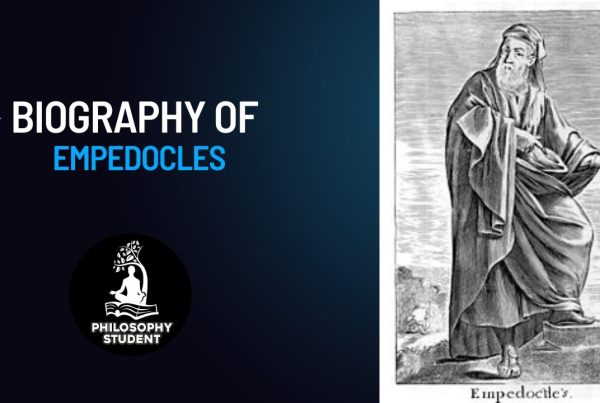Prodicus of Ceos was born about 465 BC in Ioulis on the island of Ceos and was one of the first generation of Sophists. He was noted for teaching linguistics and ethics and for his naturalist approach to the philosophy of religion.
Prodicus served Ioulis as its commercial ambassador to Athens, where he was admired as an orator. He became sufficiently prominent in that city to attract the attention of Plato (who mentions him in the Protagoras) and the playwright Aristophanes (in the Clouds [423 BC] and The Birds [414 BC]). In Athens, he taught the orators Theramenes and Isocrates. He may also have traveled to Thebes and Sparta, where he delivered lectures. According to Plato (in the Apology), Prodicus was deemed competent to instruct the youth in any Greek city. Plato, who had general contempt for the Sophists, mentions (in the Dialogues) Prodicus with at least a modicum of respect. Aristophanes treats him more favorably in The Clouds than he does Socrates.
Plato portrayed Prodicus as chiefly a philosopher of ethics, but, in fact, he devotes more space to discussing Prodicus’ ideas on language, especially the importance of the correct use of names and words and in articulating the distinctions among words closely related in sense.
Like other Sophists, Prodicus framed religion in naturalist terms. He saw the gods as personifications of the sun, moon, rivers, suggesting that these things related to “the comfort of our life.” His naturalist view of God was tinged with atheism. Prodicus was not a pantheist, but believed that the variety, bounty, and beauty of nature prompted humanity to interpret elements of the natural world as embodiments of the godhead. The philosopher died about 395 BC




































